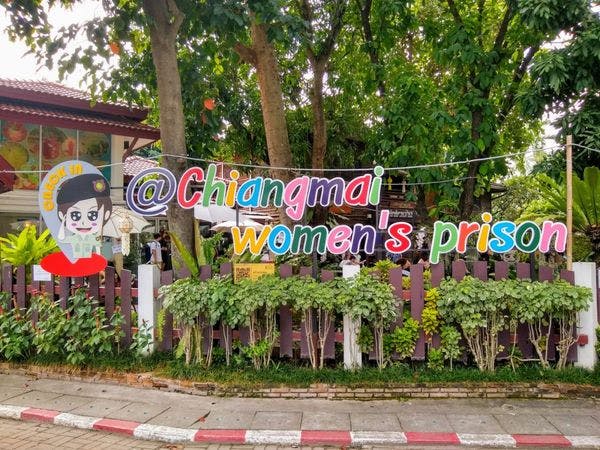Tessie Castillo / Filter Magazine
Incarcerated women in Thailand face issues seen worldwide
Natauboo Jama started selling methamphetamine in northern Thailand after her second child was born. Known locally as yaba, it is sold mixed in a three-to-one ratio of caffeine to meth and is popular among small-scale farmers who need stamina to work long hours.
Jama was once a farmer herself. But plunging food prices and debt-slavery to agricultural corporations that sell farm equipment and seeds forced her to seek an alternative income. By selling yaba, she made enough money to support her family.
Like many poor farmers across the world, Jama was trapped in a dangerous intersection of economic and drug policies. Free trade agreements and competition from giant agro-businesses drive many small farmers to use drugs for increased productivity, or to sell them for survival. But the governments behind these economic policies also criminalize the use and sale of drugs, filling their prisons with the poor.
At age 25, Jama was caught and thrown into an overcrowded prison in Chiang Mai, the largest city in northern Thailand. She was incarcerated for 10 years.
I met her, now 38, at her current workplace: the Women’s Massage Center for Ex-Prisoners in downtown Chiang Mai. Speaking through an interpreter, she described her imprisonment.
“We slept 50 women to a room on mats on the floor,” she said. “Sometimes the food was rotten.”
She spoke of the hardships of separation from her family and trouble finding work after release. Many women, she said, go back to selling yaba because no one will hire people with criminal records.
Regions
Related Profiles
- Filter Mag
